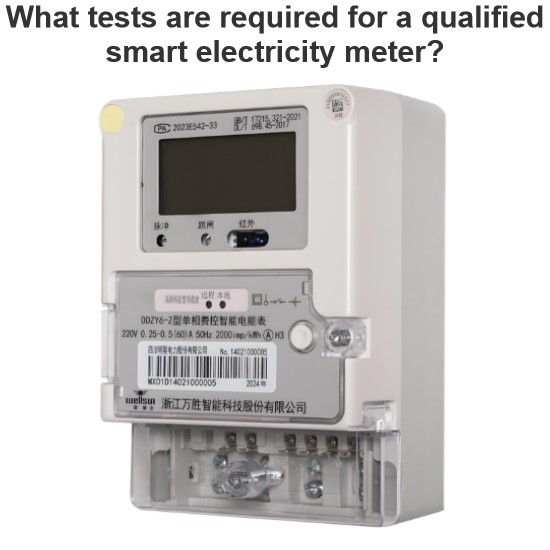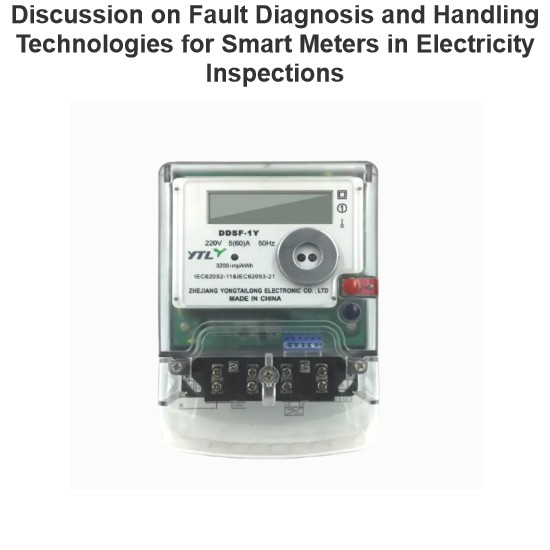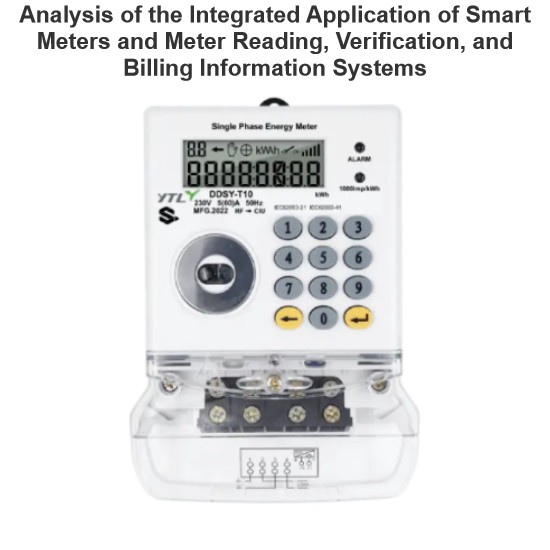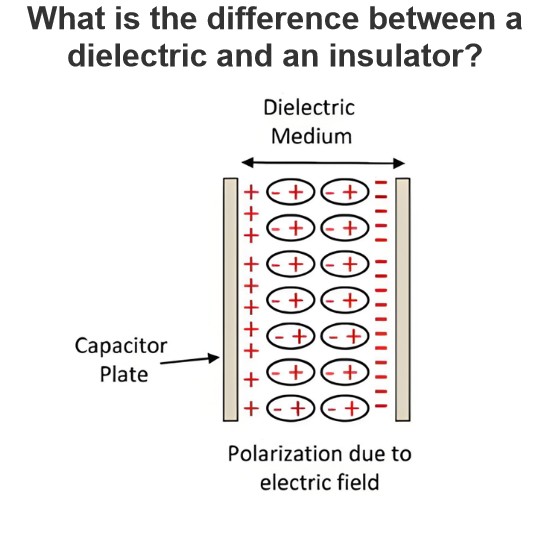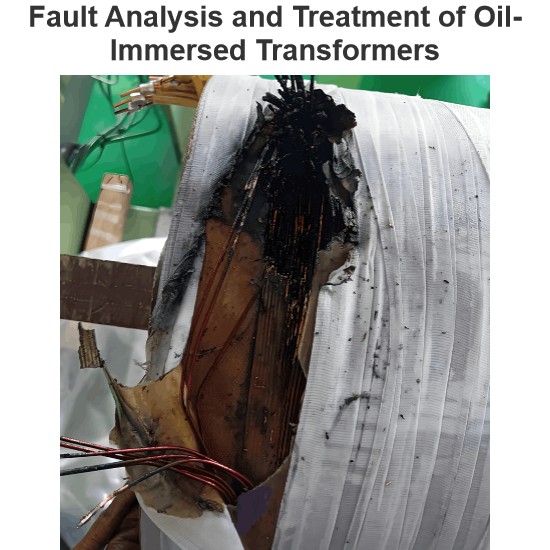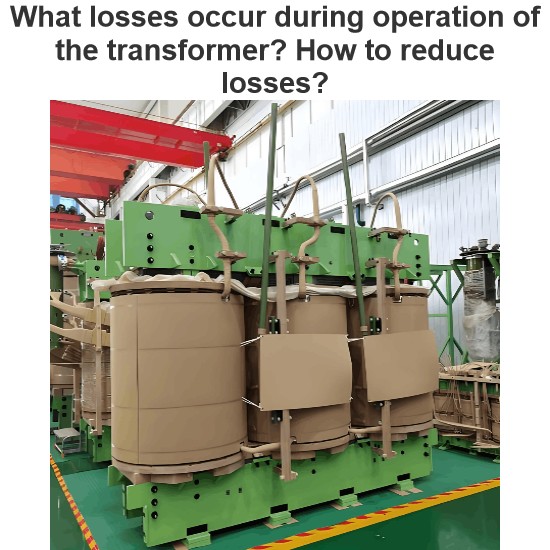Description:
550kV Dead tank SF6 circuit breaker products are composed of inlet and outlet line bushings, current transformers, arc extinguishers, frames, operating mechanisms and other components, the products can be used to cut off rated current, fault current or conversion lines, to achieve the control and protection of the power system, widely used in domestic and overseas electric power, metallurgy, Mining, transportation, and utilities industries.
Main Features:
- Ultra-High Voltage Adaptability: Specifically engineered for 550kV UHV systems, it stably handles extreme voltages and currents, ensuring reliable operation of UHV transmission networks.
- Efficient Arc Extinction & Insulation: Utilizes SF6 gas for rapid arc quenching and high dielectric strength, swiftly interrupting fault currents and minimizing system risks.
- Dead Tank Sealed Design: Encloses live parts in an SF6-filled metal tank, isolating them from environmental factors. Features robust seismic resistance for harsh climates and challenging terrains.
- Longevity & Low Maintenance: Boasts extended mechanical and electrical lifespans. Sealed construction reduces component degradation and external corrosion, lowering maintenance frequency and costs.
- High Integration & Multifunctionality: Integrates bushings, current transformers, and other components to enable current measurement, protective control, and circuit switching capabilities.
- Comprehensive Safety Features: Equipped with anti-misoperation interlocks and multiple insulation protections to prevent human errors, ensuring personnel safety and equipment stability.
Technical specifications:



